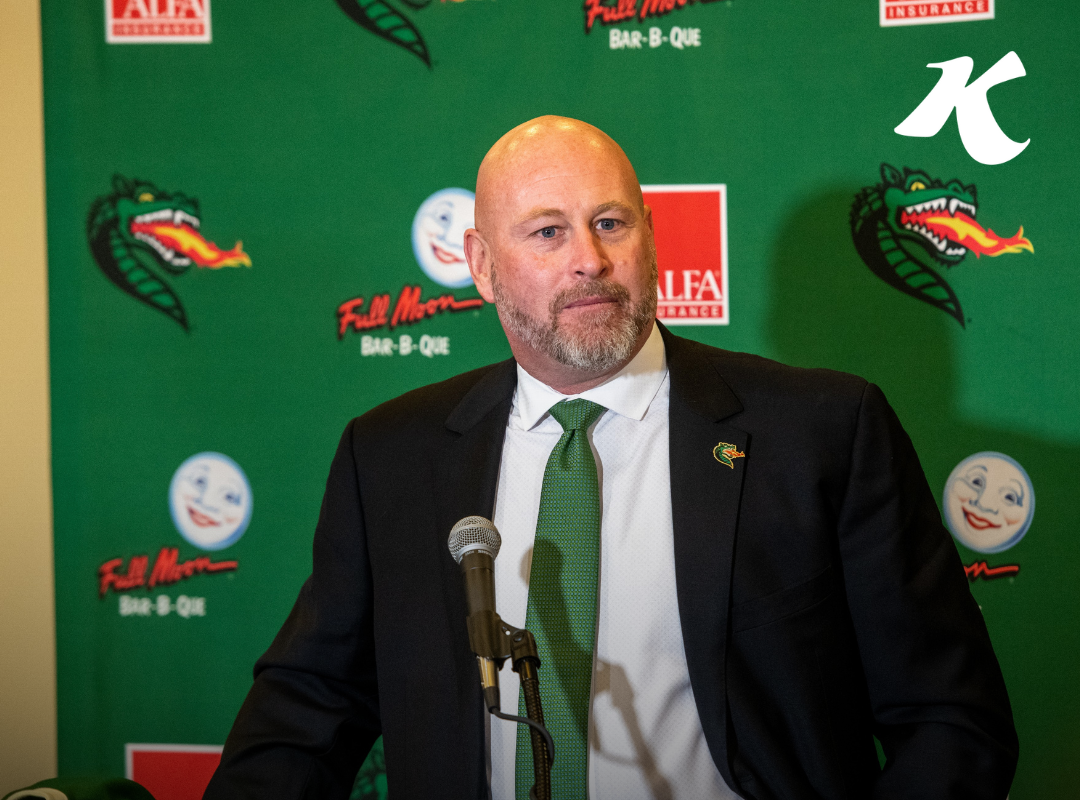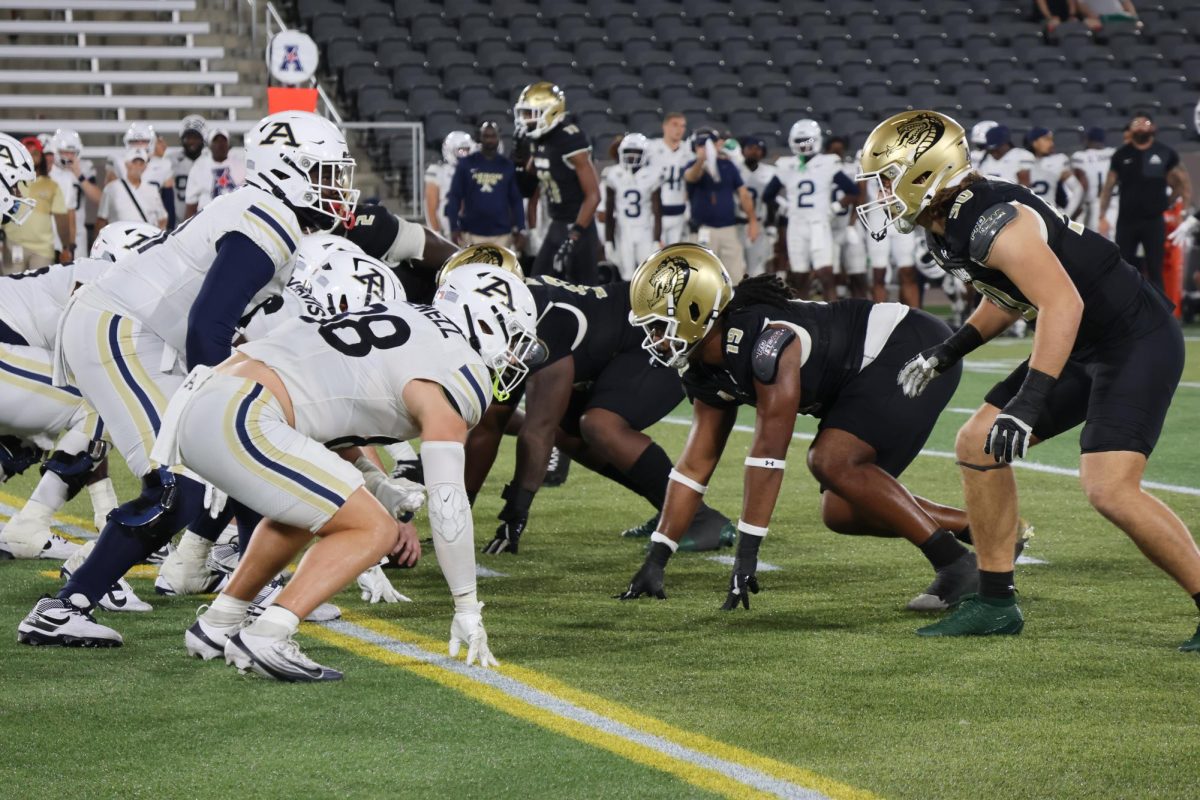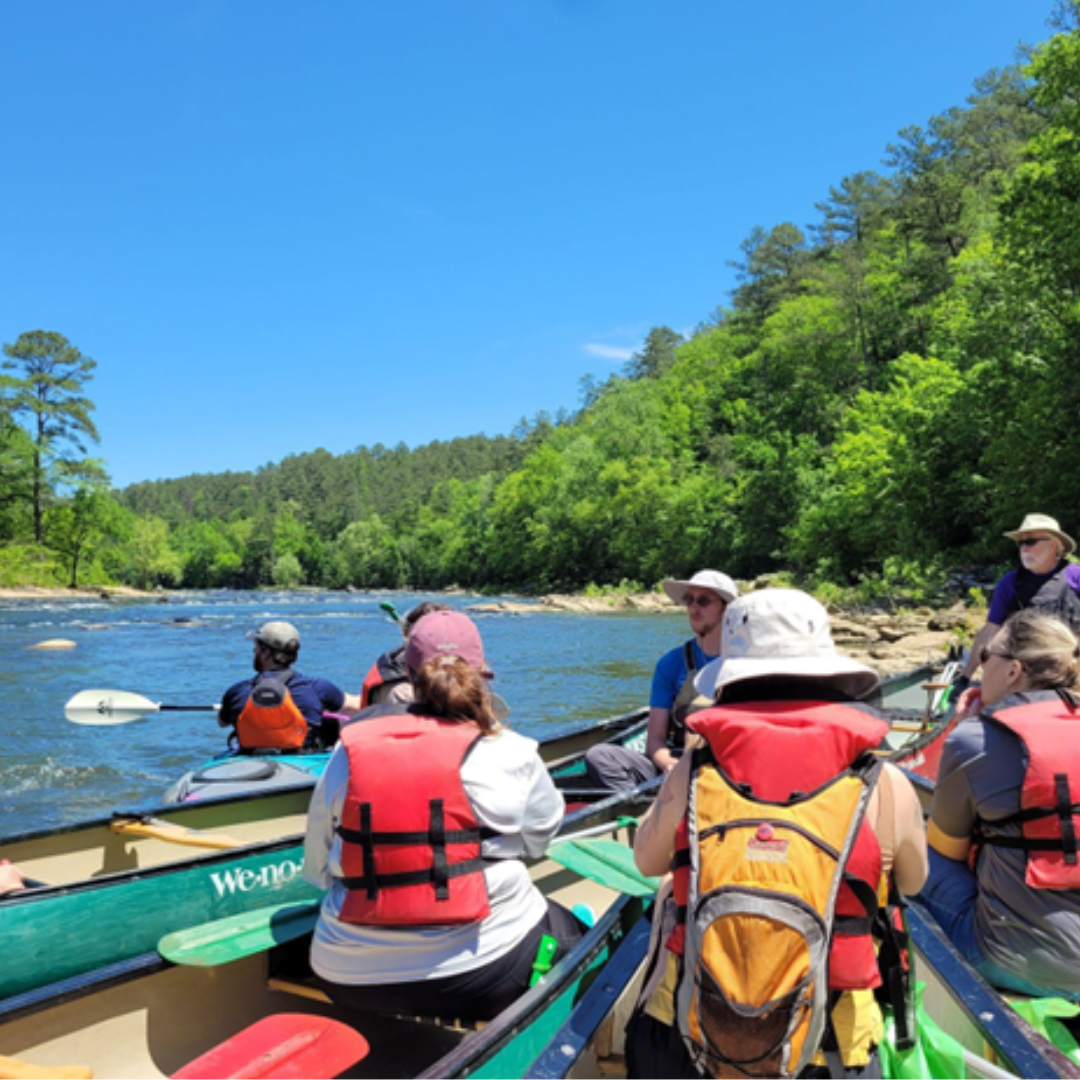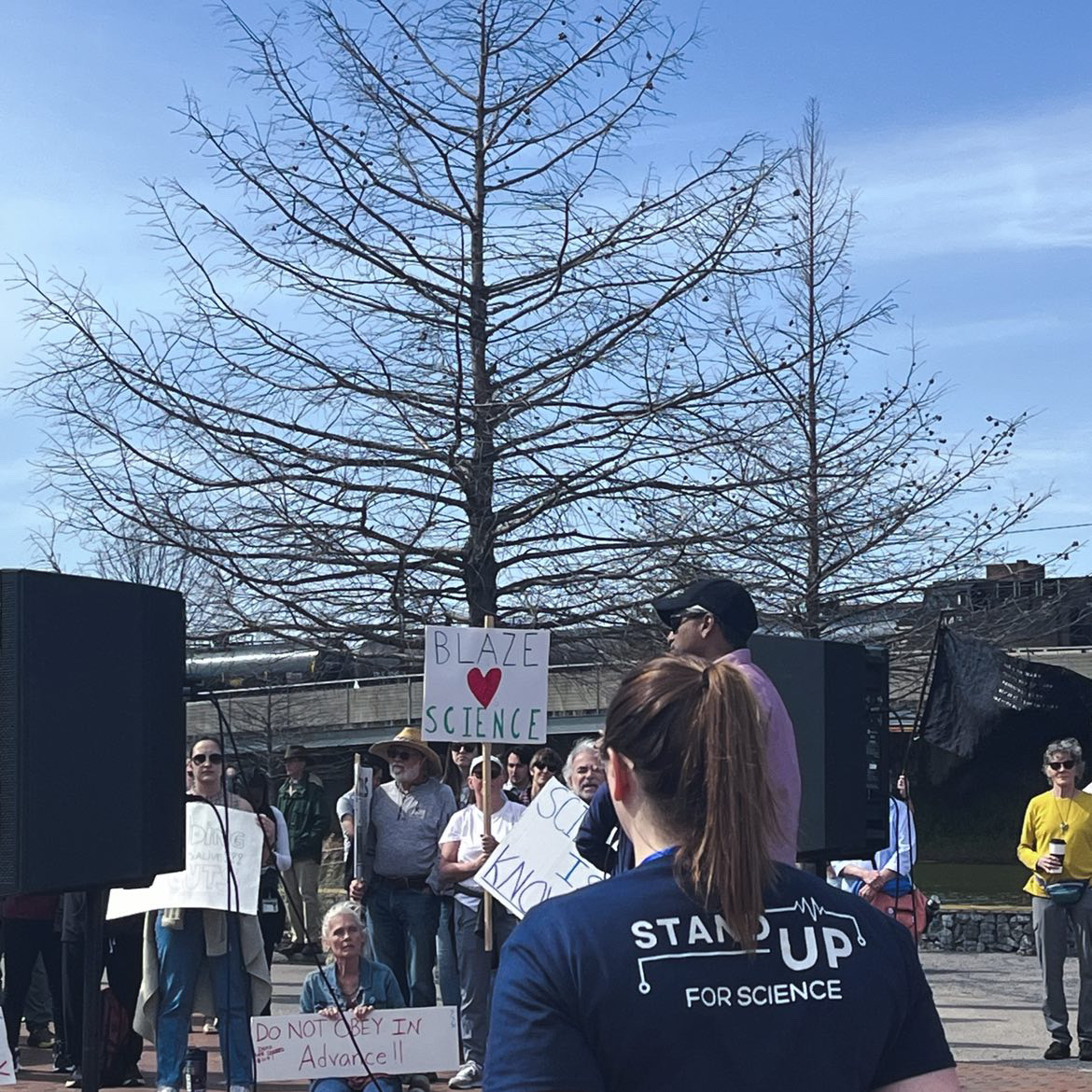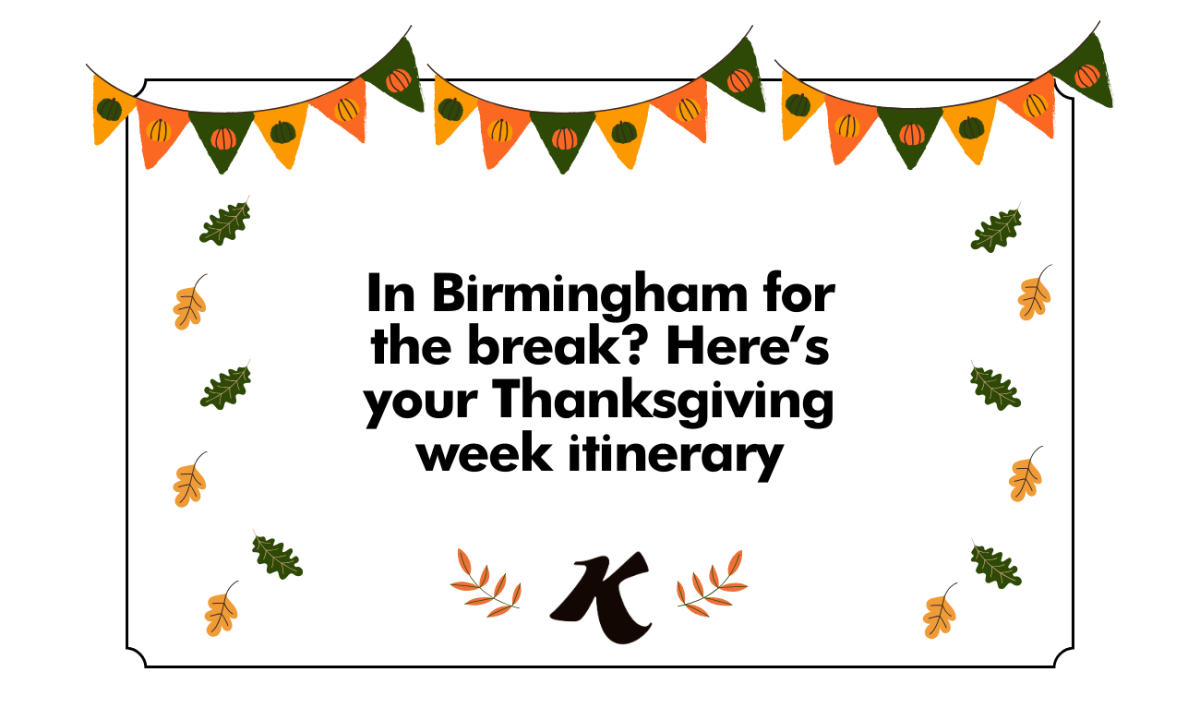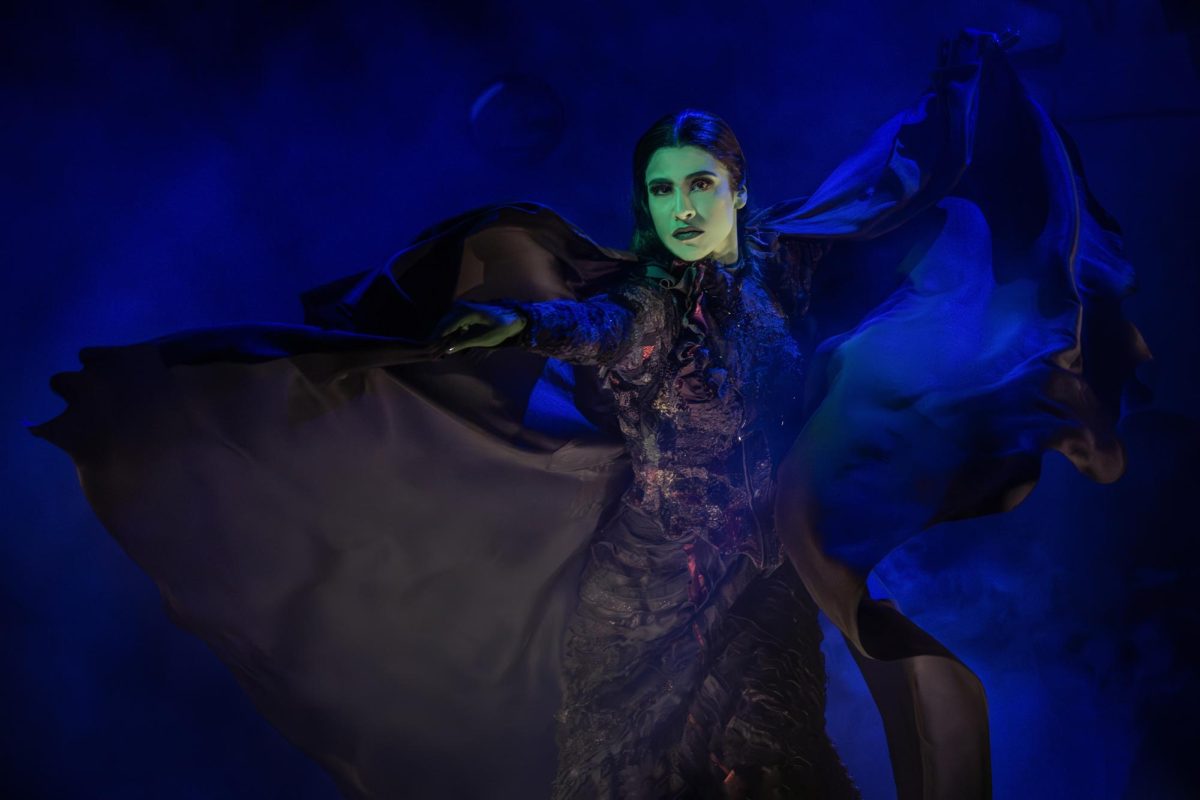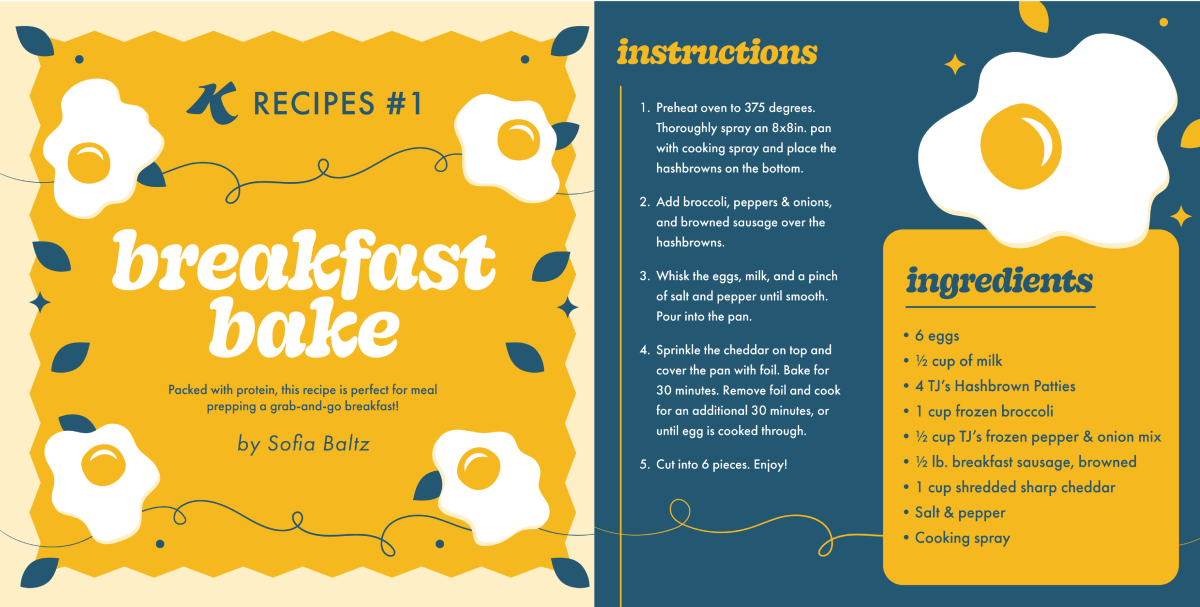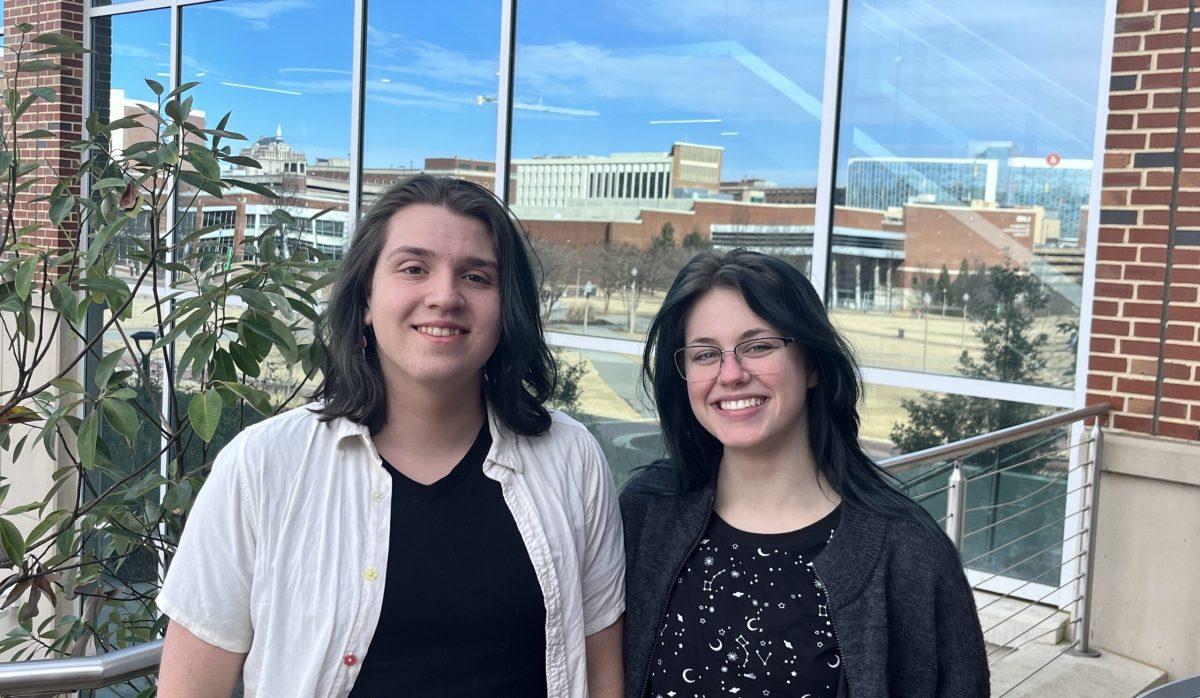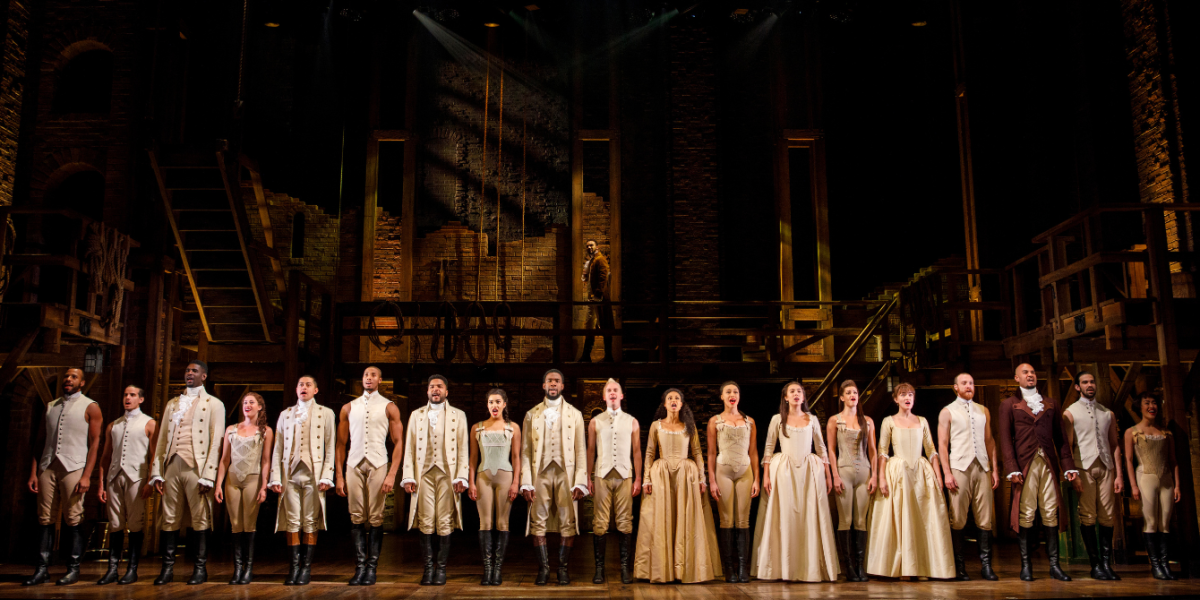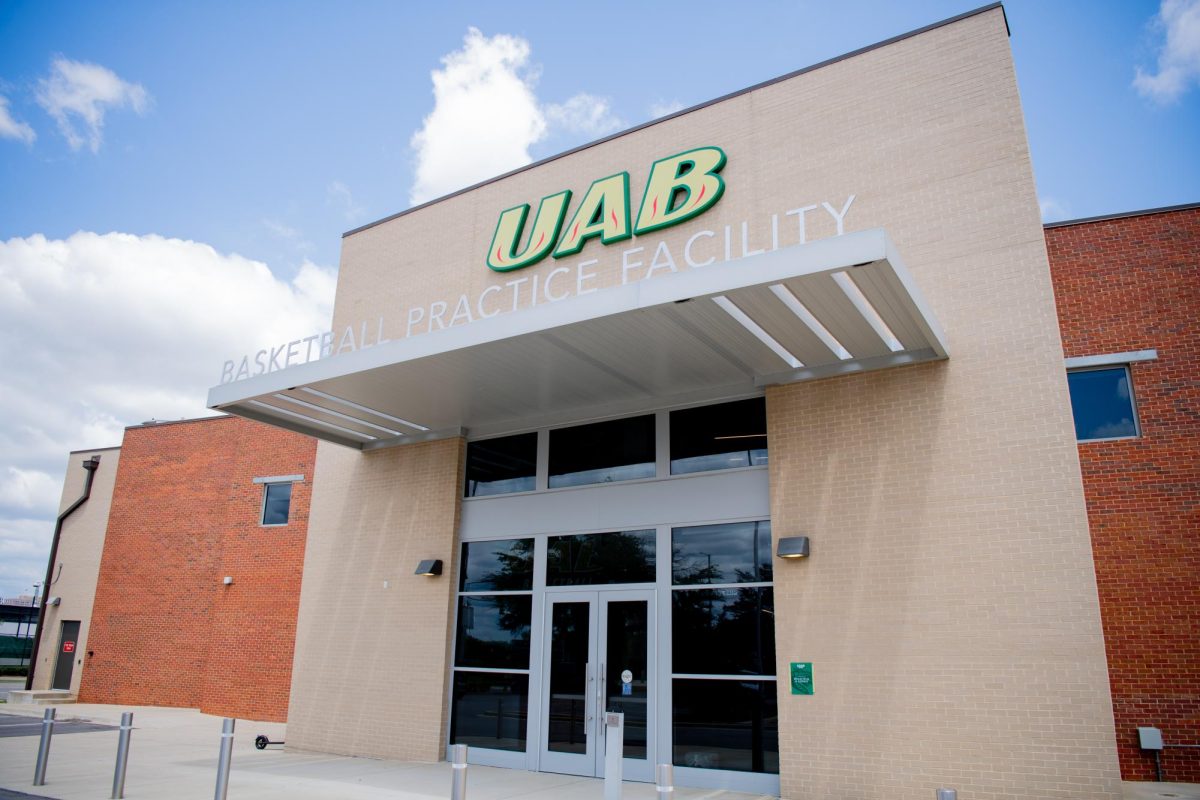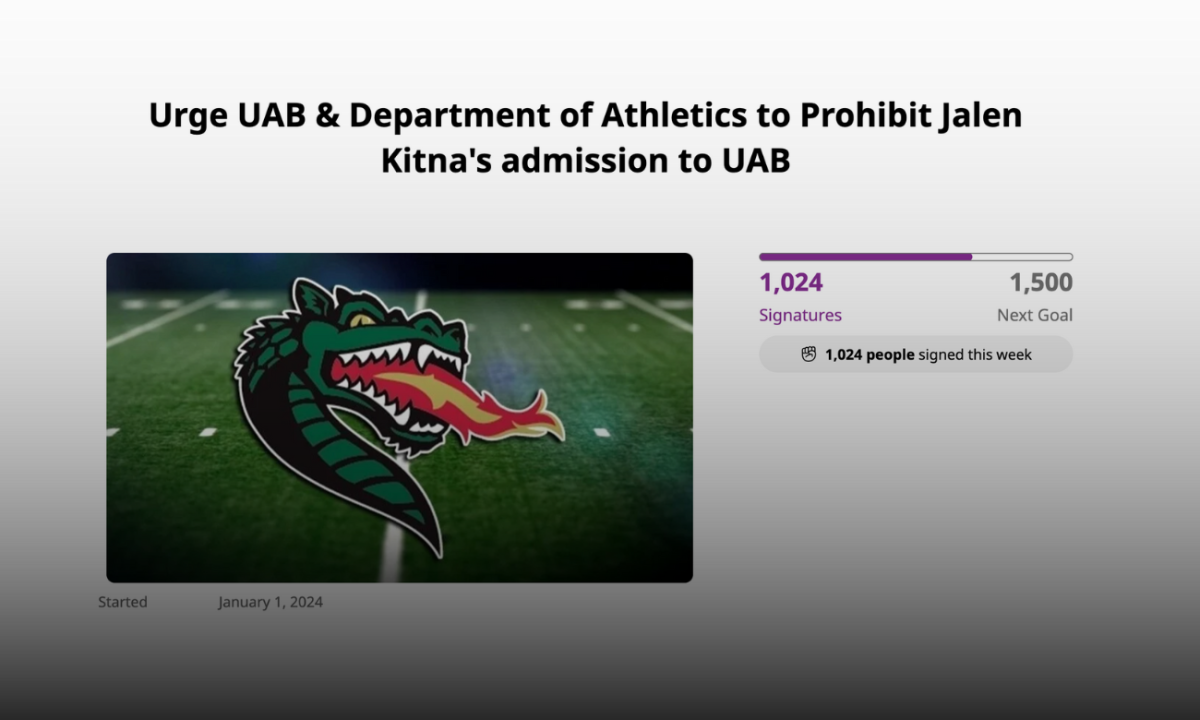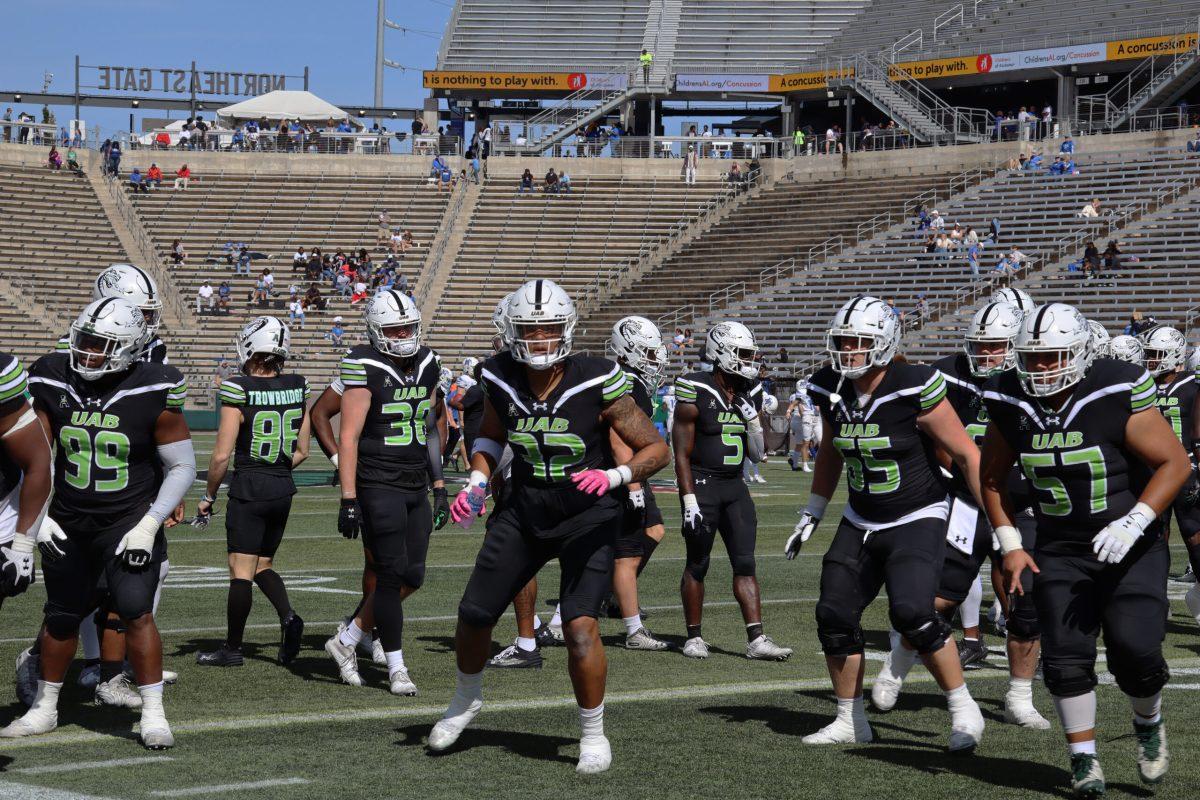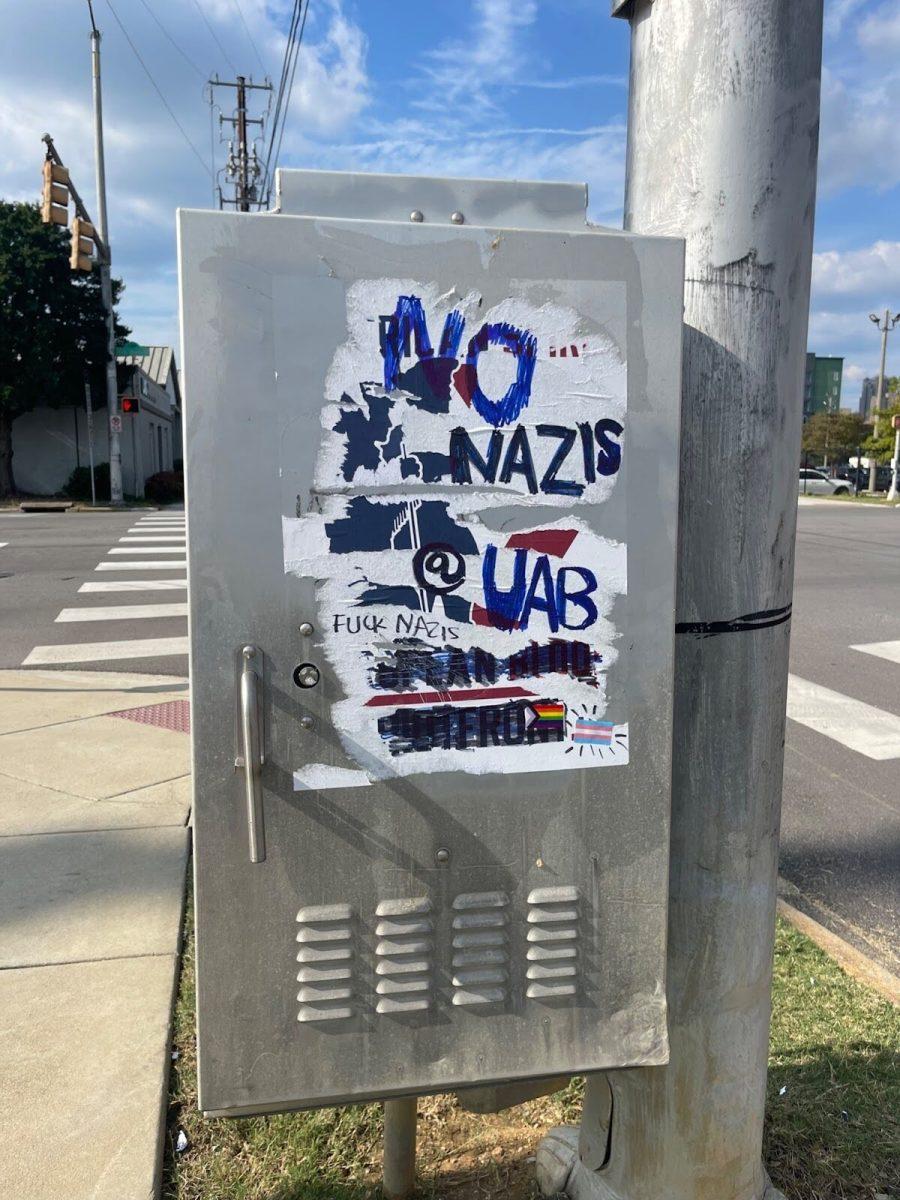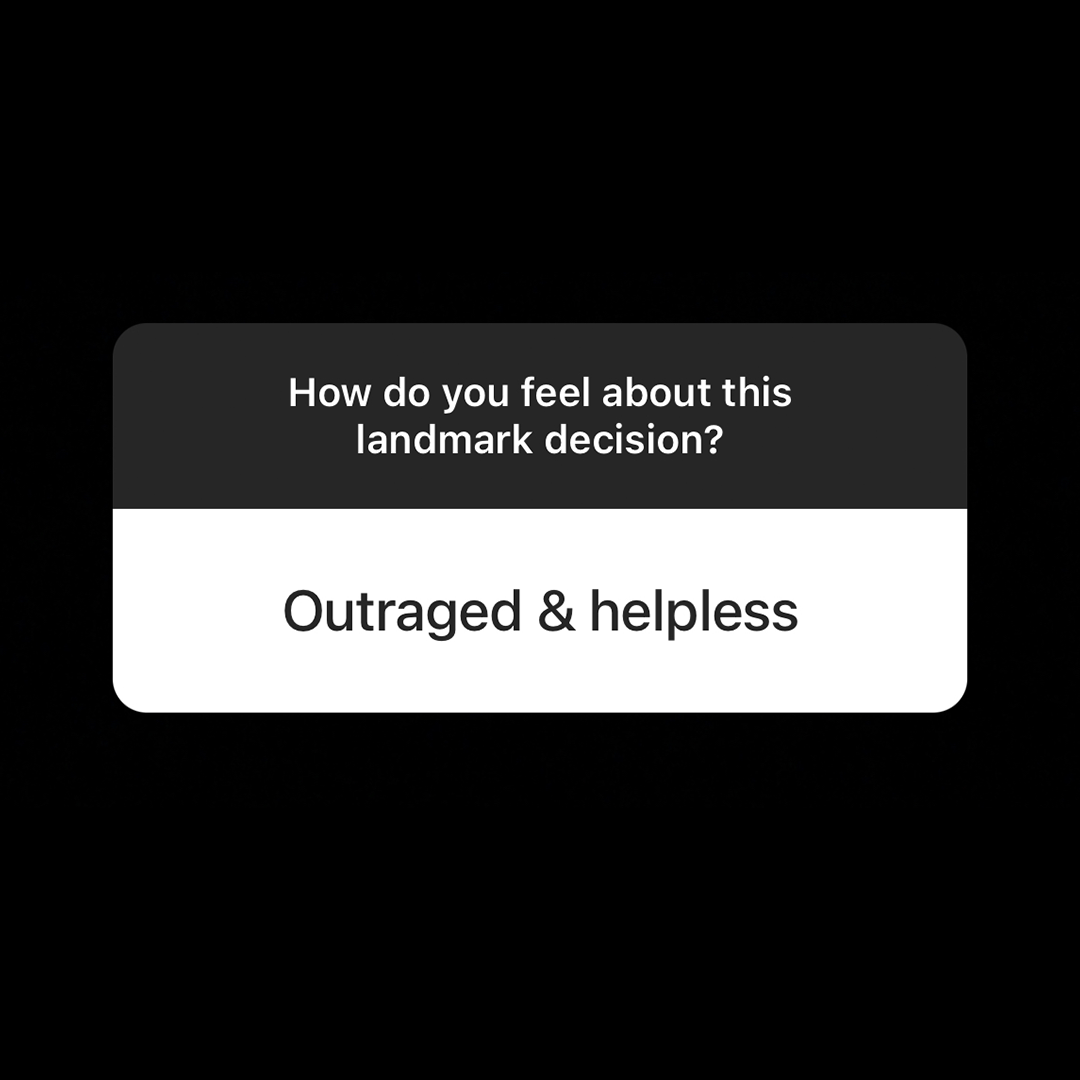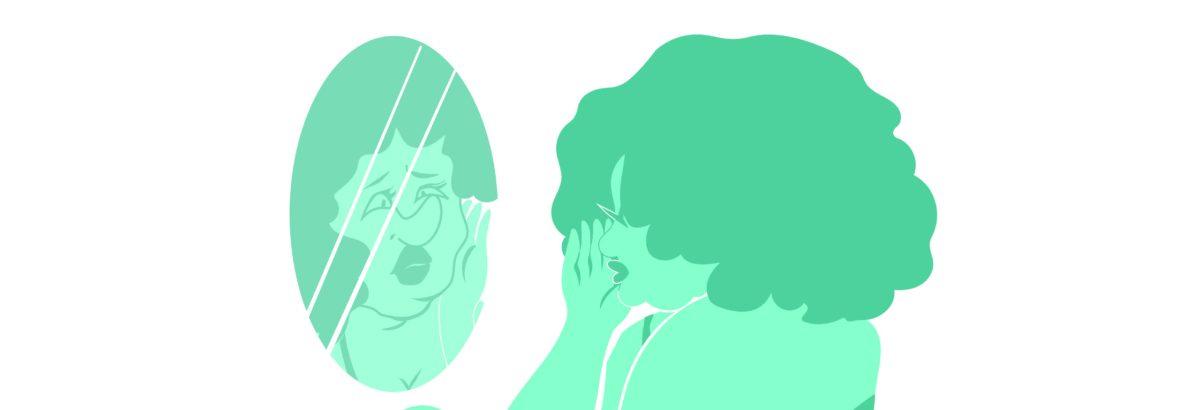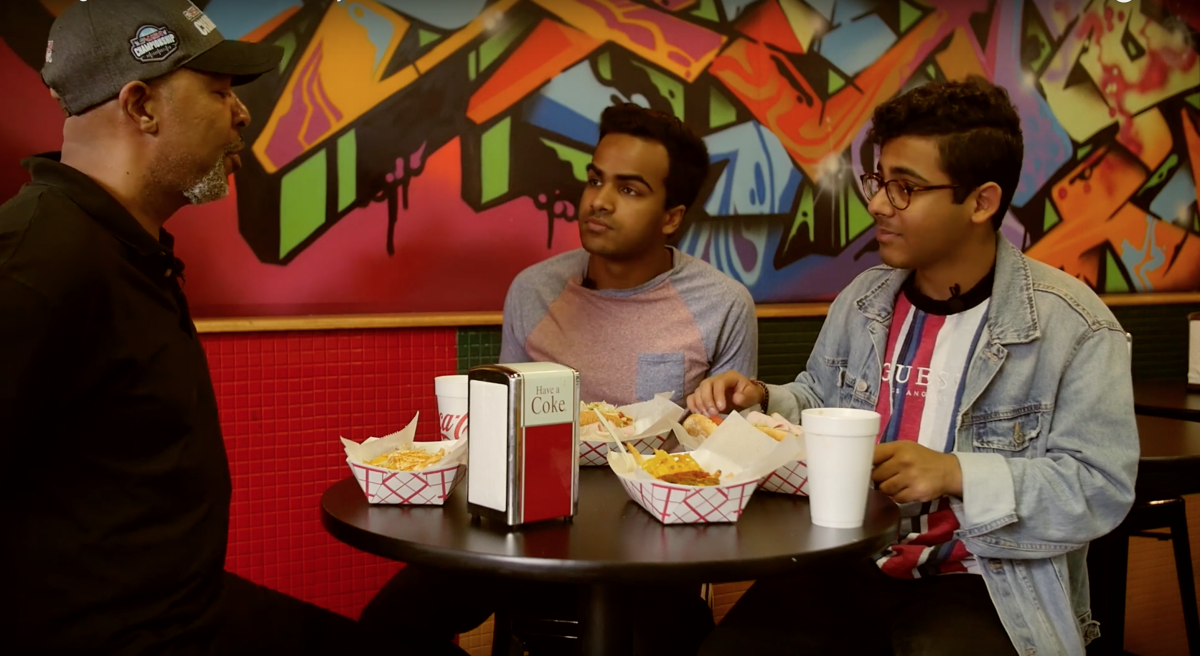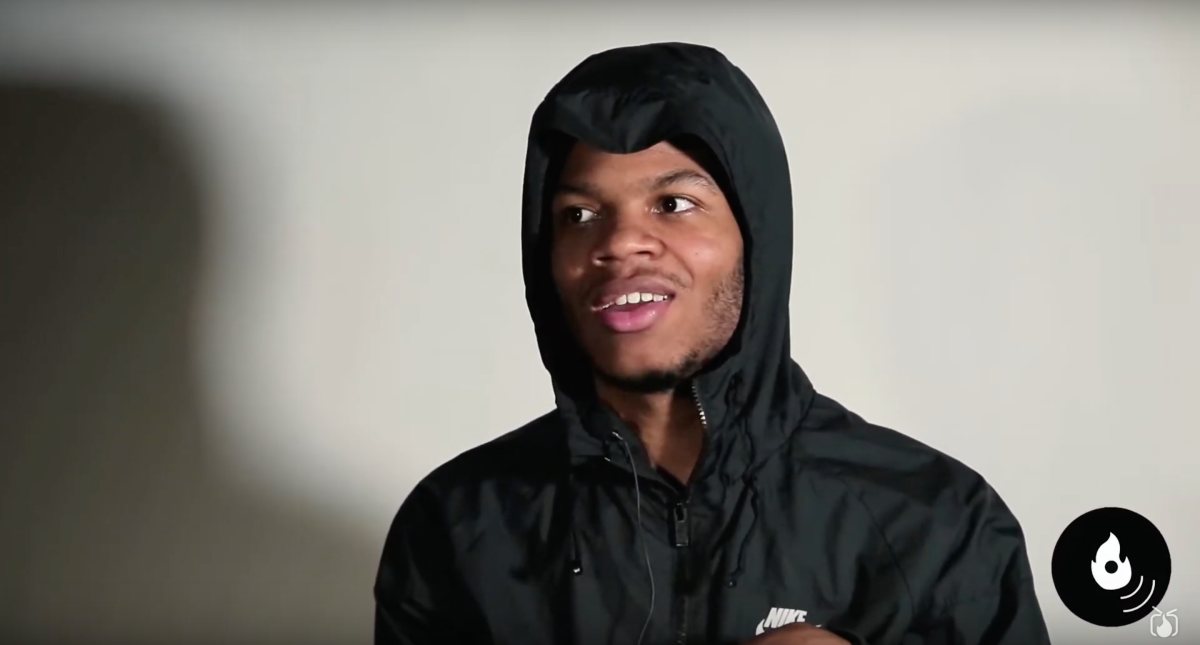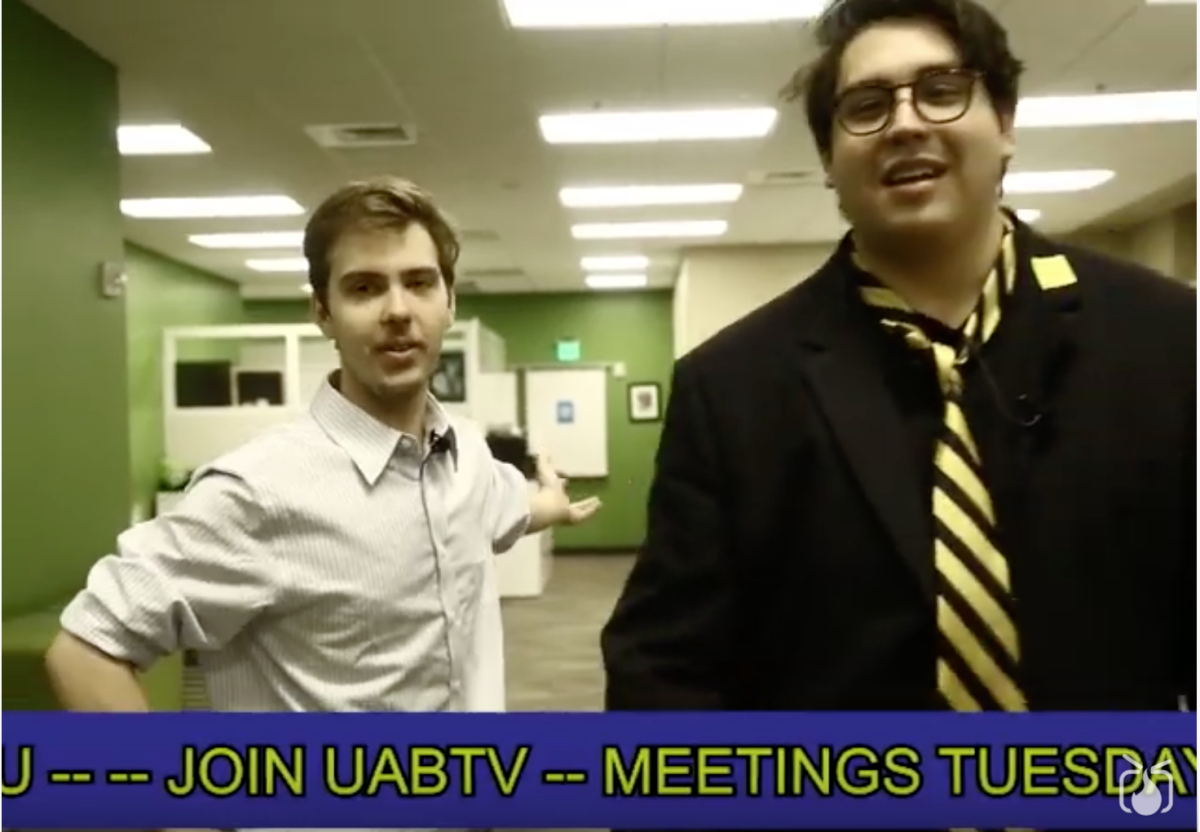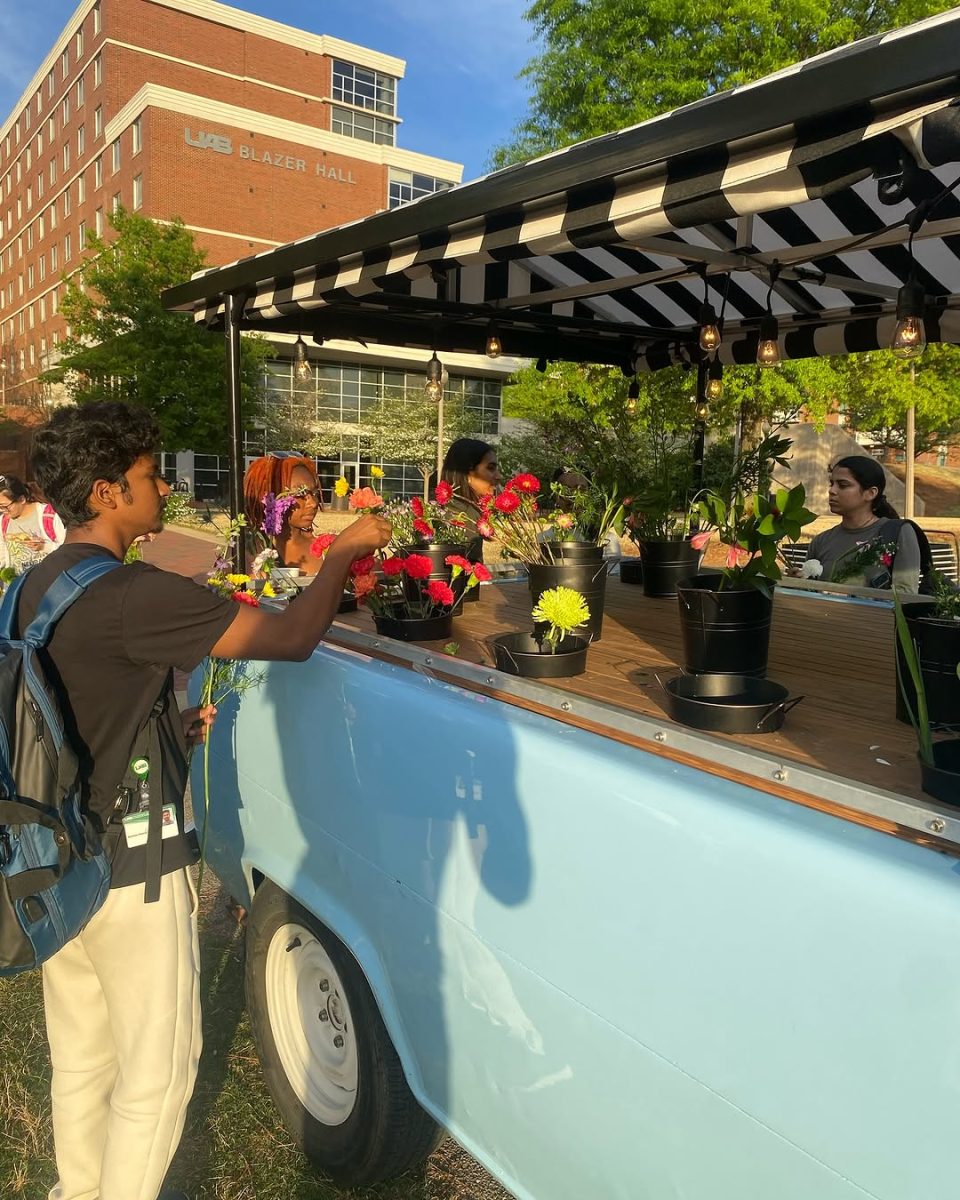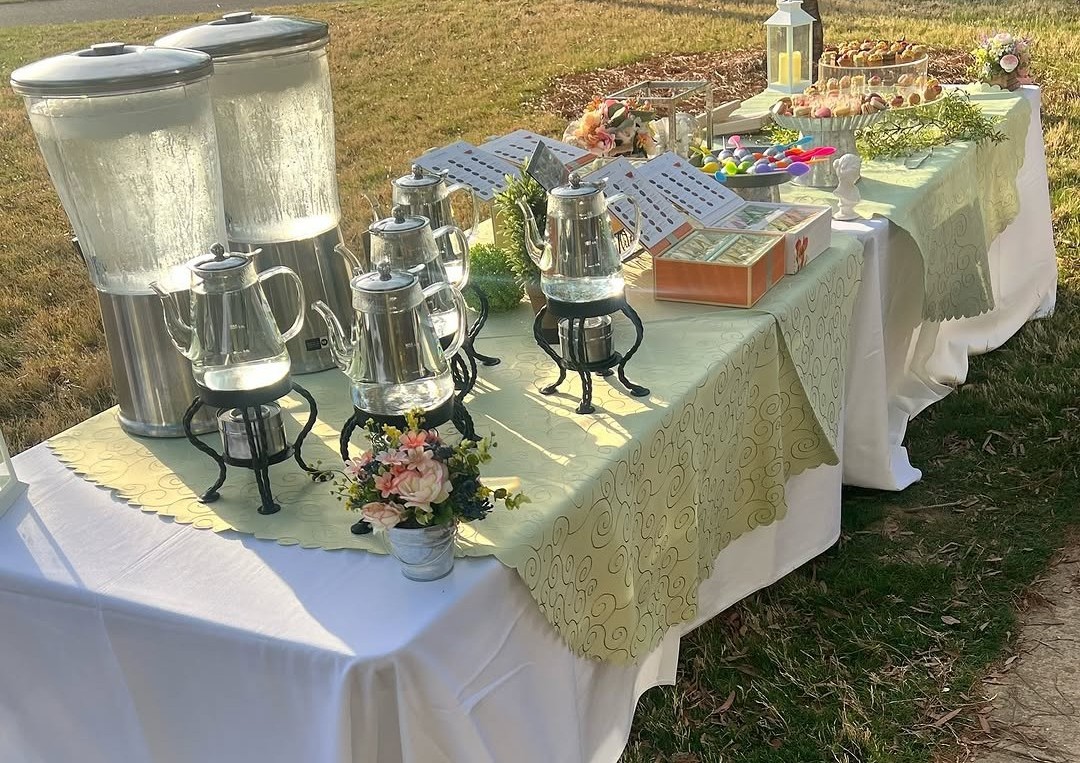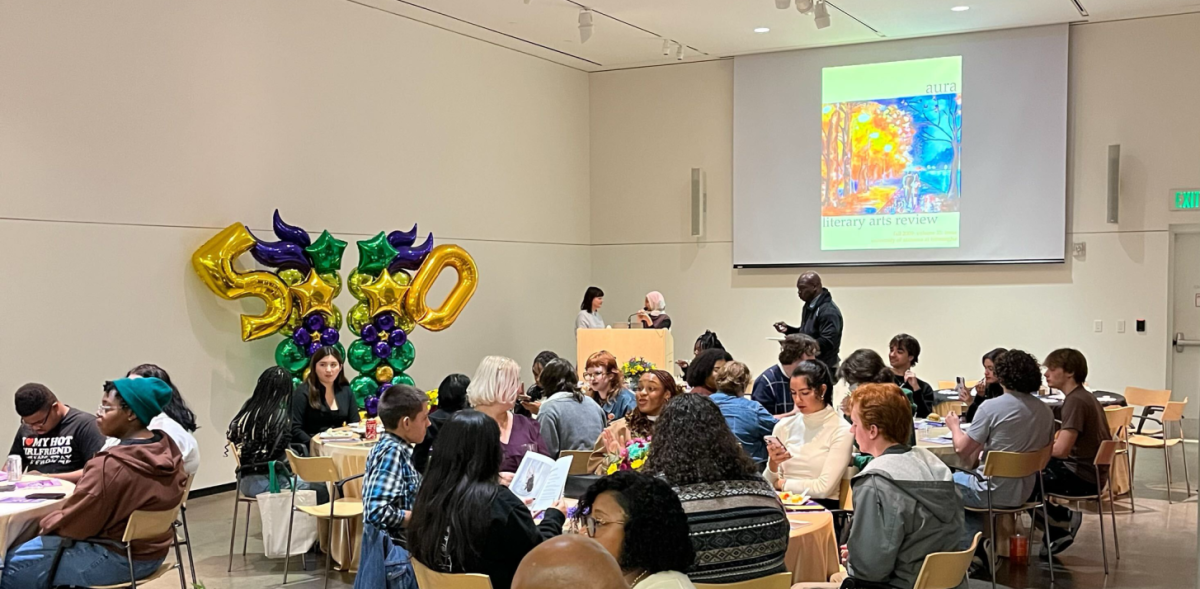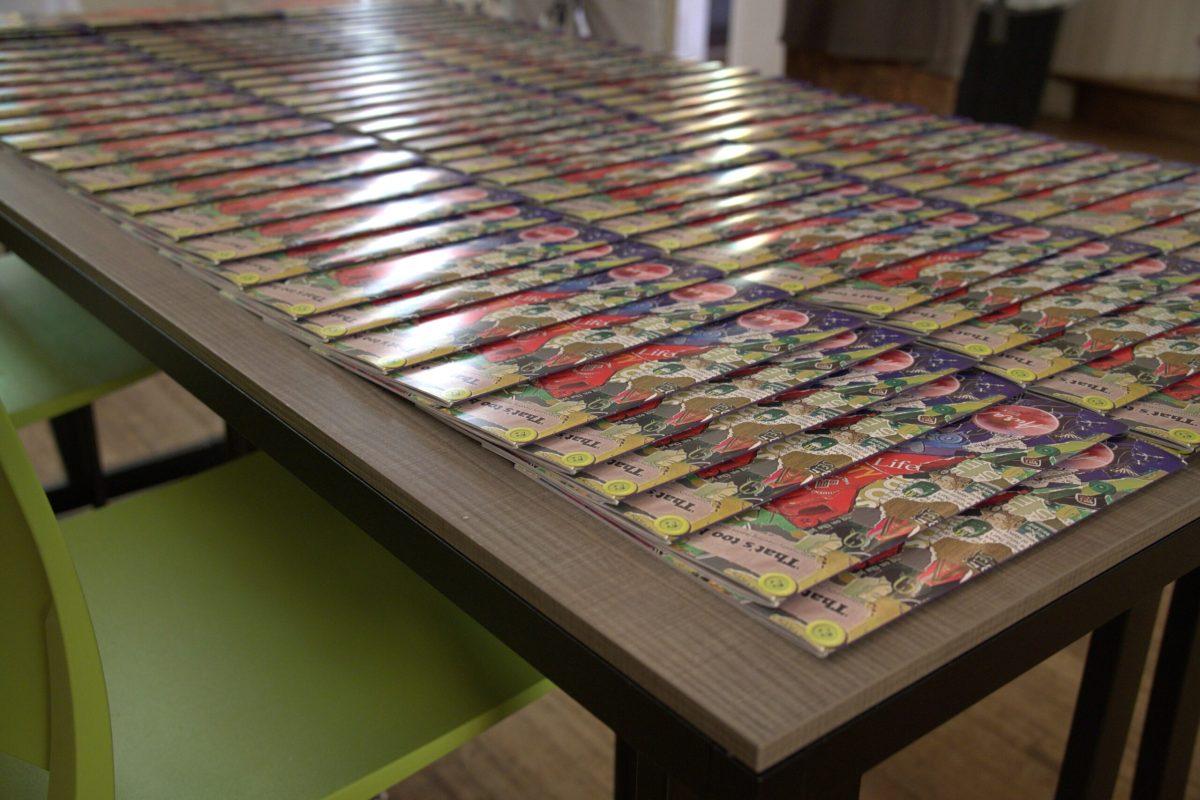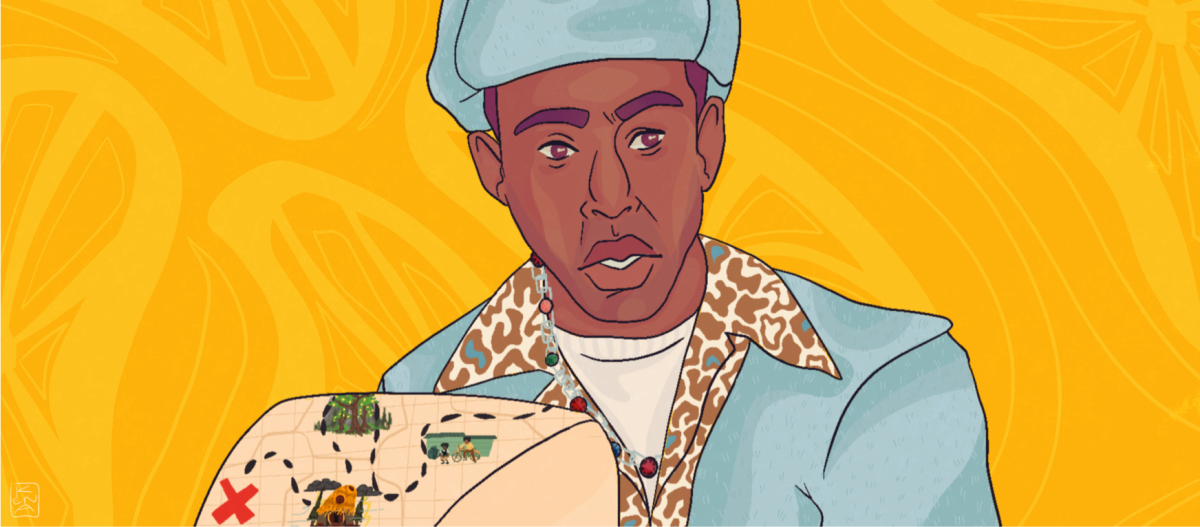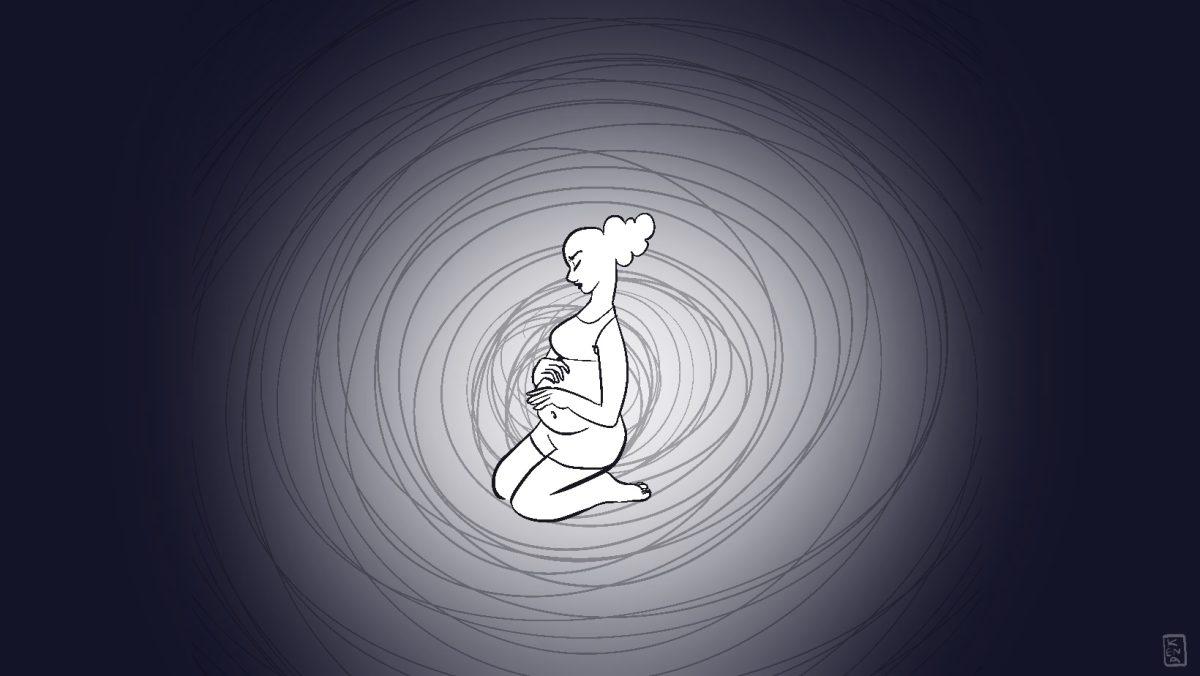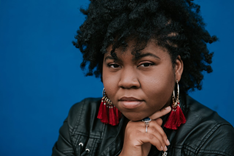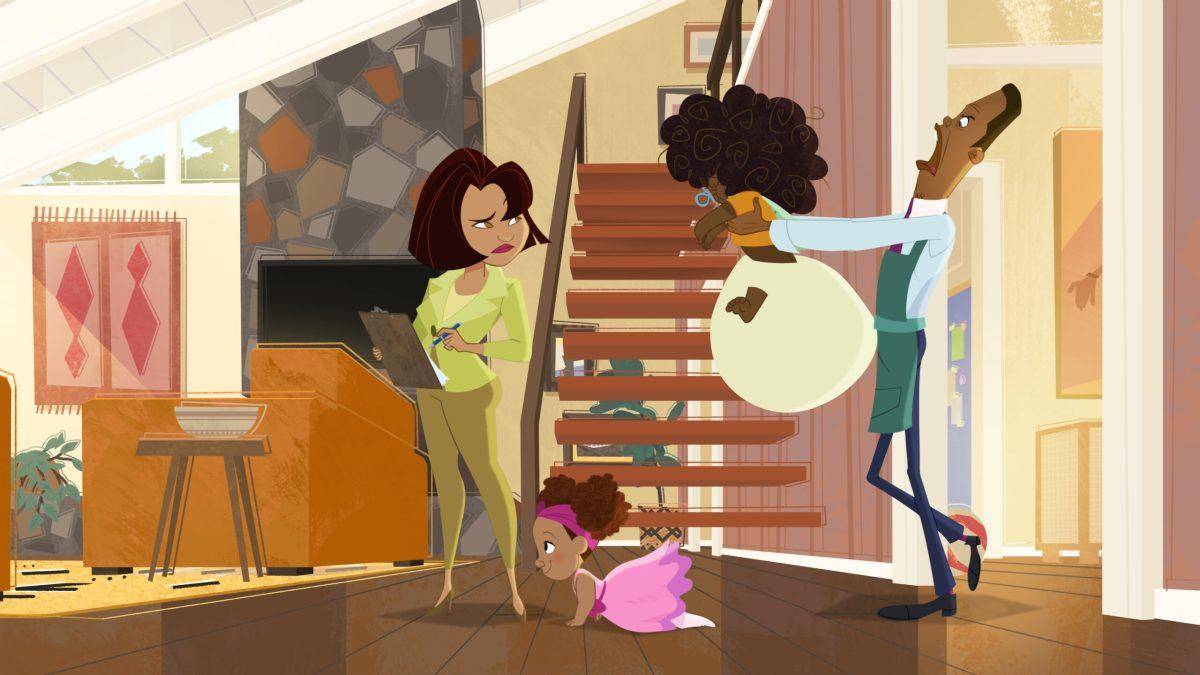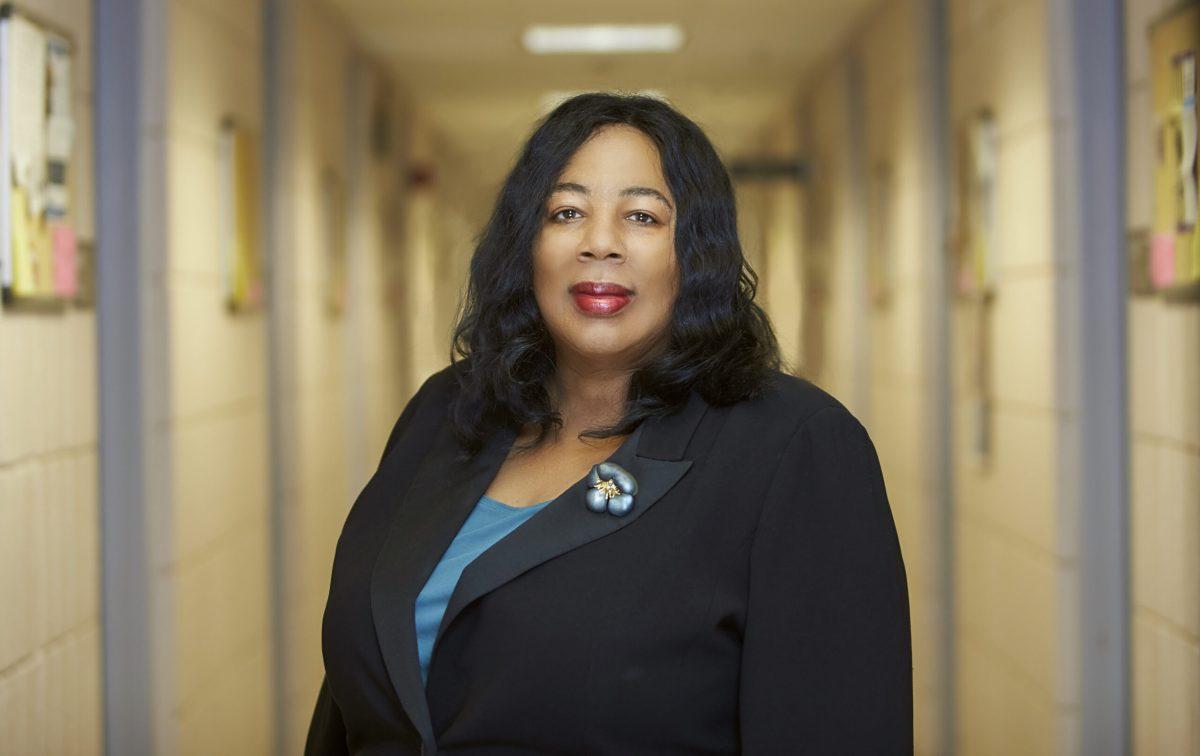Tyler, the Creator’s newest album is a breath of fresh air for rap fans. “Call Me If You Get Lost” is an excellent showcase of Tyler’s ability to create worlds around his album, using his lyrical ability at its peak.
Tyler, the Creator is top five in modern personal rankings; his flows and wordplay and the delivery of each line are just impeccable. The backing music of this album is also notable and aligns with the story being told.
The production on this album is amazing, the music and lyrics are top-notch, but there’s one downside.
The downside of this album is the feature of DJ Drama since this album doesn’t gain anything from him being on it. When he calls out in a song, silence would be better. The only upside to his random inputs is that he makes explicit the destinations for some songs like Geneva in “HOT WIND BLOWS.” He’s setting the scene for the song.
Overall, every song on this album is amazing and adds to the story about how Tyler betrayed his friend by having an affair with the friend’s girlfriend and the theme of traveling the world. The lineup works so well as a whole and flows so smoothly, no matter where you start.
It also doesn’t matter what order these songs play; the transitions work, but the true way to listen is in its traditional order. The songs on this album range from melodic to bumping, not in any particular order.
Two songs that stand out are “JUGGERNAUT” and “WILSHIRE.”
In “JUGGERNAUT,” Tyler, Uzi and Pharrell Williams explain the reality that people will treat you differently if you have wealth. Each verse is littered with references to fashion brands, travel, cars and expensive watches. Pharrell is the one that delivers the message with the lyrics, “Hungry eyes tend to fixate like an empty stomach for a fish plate.” People are always looking or ready to try and benefit from them and their wealth.
The features in this album are used perfectly, with the biggest ones being Lil Uzi Vert and Pharrell Williams in “JUGGERNAUT. ” This combo never seemed like a possibility until Tyler “created” a world around them and let them enliven the track.
In “WILSHIRE,” Tyler spells out exactly what happened between himself and his friend’s girlfriend and releases his guilt. Finally, he realizes he’s the bad guy but doesn’t want to stop even though his friend doesn’t deserve it.
This track is the story of “Call Me If You Get Lost.” It’s raw and uncut. Tyler tells his friend’s girlfriend she can call him if they break up or whenever she needs him. Then, he spills the story using vulnerable lyricism:
“Whenever we “Ha-ha-ha,”/ we subtly press his buttons/
Not on purpose, but, man, I found my purpose/
If I f*** our friendship up for you, I think it’s worth it/
But, nah, I can’t do that, that n**** don’t deserve it/
And plus y’all got depth, I’m just the n**** on the surface, for real.”
What’s also impressive about this track is Tyler performed it in one take with only two attempts.
The overall feeling of this album is depressing. Tyler recognizes that he would be seen as the bad person in “WILSHIRE” and after hearing that song, another listen through connects the theme of traveling and how he was sneaking around his friend’s back. He feels guilty, making sure to say they never crossed the line, and it wasn’t “like that.”
